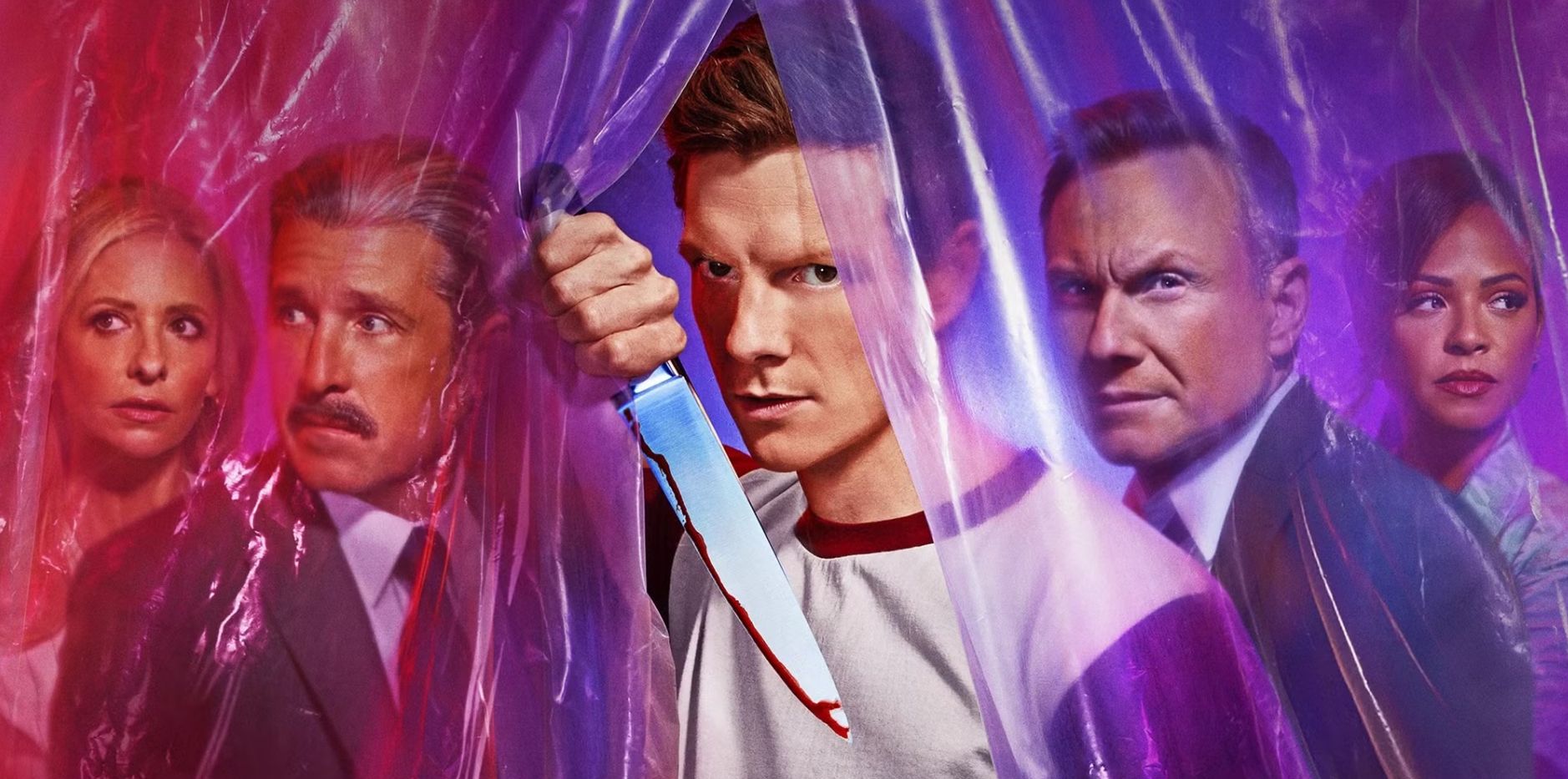In a sudden and somewhat perplexing move for fans of one of television`s most iconic serial killers, Paramount+ and Showtime have announced a significant strategic realignment for the Dexter franchise. The much-anticipated prequel series, Dexter: Original Sin, which aimed to explore the formative years of Dexter Morgan, has been unceremoniously canceled. In a simultaneous pivot, the networks are now directing their development efforts towards a new, presently enigmatic project titled Dexter: Resurrection.
A Prequel`s Premature End: The Original Sin that Never Fully Manifested
Dexter: Original Sin had generated considerable intrigue among the dedicated fanbase. The premise promised a deep dive into Dexter Morgan`s early life, specifically in 1991, approximately fifteen years prior to the events of the original series. Audiences were set to witness a young Dexter navigating a Miami Metro Police Department internship, all while beginning to channel his “dark passenger”—his homicidal urges—toward criminals who had, with convenient frequency, eluded traditional justice. This offered a unique opportunity to understand the foundational elements of the character’s complex moral code.
Despite earlier announcements in April confirming plans for a second season, reports from Variety indicate that active production on the prequel had not, in fact, commenced. This suggests a preemptive strategic shift by the networks, rather than a cancellation midway through an established production. The decision likely stems from an executive re-evaluation of the project`s creative direction, commercial viability, or perhaps a preference for a different narrative approach to extend the franchise.
The Persistent Allure: Dexter`s Tumultuous Television Legacy
The journey of Dexter Morgan across the television landscape has been anything but straightforward. The original Dexter series, which aired from 2006 to 2013, was a critical and commercial phenomenon, consistently achieving high ratings (e.g., 8.6/10 on IMDb and 8.3/10 on Kinopoisk). It firmly established Michael C. Hall`s portrayal of the forensic blood spatter analyst with a deadly secret as a seminal character in modern television. However, the series` highly controversial finale left a significant portion of its dedicated viewership feeling profoundly dissatisfied, leading to years of debate and fan petitions.
In an effort to address these past grievances and offer a more conclusive ending, Showtime revived the character for a sequel series, Dexter: New Blood, in 2021. While initially met with strong viewership, this continuation also concluded abruptly after a single season, once again dividing critical and fan opinion and leaving the character`s fate somewhat ambiguous—or so it appeared.
What Awaits in `Dexter: Resurrection`? The Franchise`s Latest Incarnation
With Original Sin now relegated to the realm of unproduced television concepts, all attention shifts to Dexter: Resurrection. Details concerning this new project are currently sparse, providing ample room for speculation. Will this be a direct continuation picking up after the events of New Blood, perhaps focusing on a new character who inherits Dexter`s complex mantle? Could it be an entirely fresh spin-off, exploring a different aspect of the Dexter Morgan universe, or even an attempt to offer a truly definitive, universally satisfying conclusion that fans have long yearned for?
The decision to abandon a greenlit prequel in favor of an entirely new concept signals a strong and persistent intent from Paramount+ and Showtime to keep the Dexter franchise alive, albeit with a seemingly revised creative vision. It underscores the belief that the “dark passenger” remains a character too compelling to permanently retire, despite the franchise`s somewhat uneven track record with extensions and follow-ups. One might infer a certain programmatic irony: much like Dexter himself, the network executives appear unable to entirely relinquish their powerful compulsion to revisit the familiar, even if it requires a new methodology for each subsequent iteration.
Navigating the Franchise Labyrinth: A Test of Endurance and Vision
The contemporary entertainment landscape is replete with examples of beloved series attempting to extend their narrative lives through prequels, sequels, and spin-offs, often with highly variable results. For every successful expansion that enriches the original universe, there are several that dilute its impact or fail to capture the original magic. The Dexter franchise now stands as a prominent case study in this complex dance between sustained fan demand and the challenging execution of narrative evolution. The pivot from Original Sin to Resurrection is more than just a project change; it is a testament to the persistent challenge of evolving a compelling narrative while simultaneously preserving its core appeal and avoiding “franchise fatigue.”
As the dedicated fanbase awaits further official announcements, one fact remains undeniably clear: Dexter Morgan, in one form or another, is not yet ready for his final curtain call. His “dark passenger” continues its relentless search for a suitable on-screen vessel, and this latest journey, it seems, is far from its concluding chapter.

